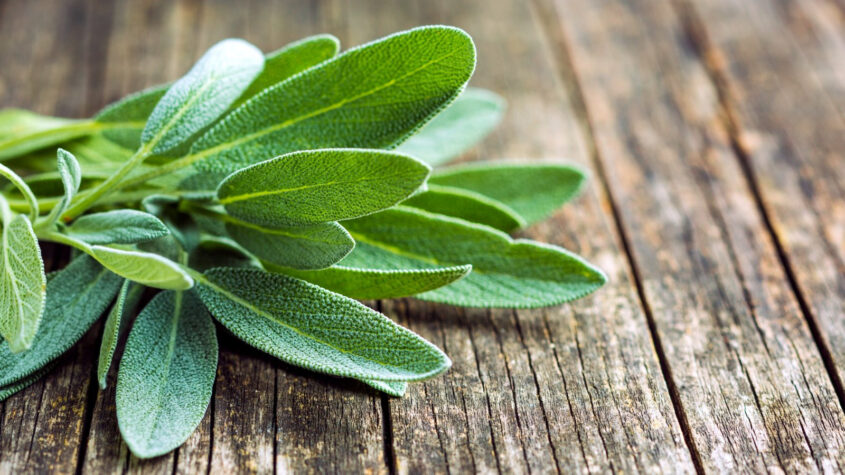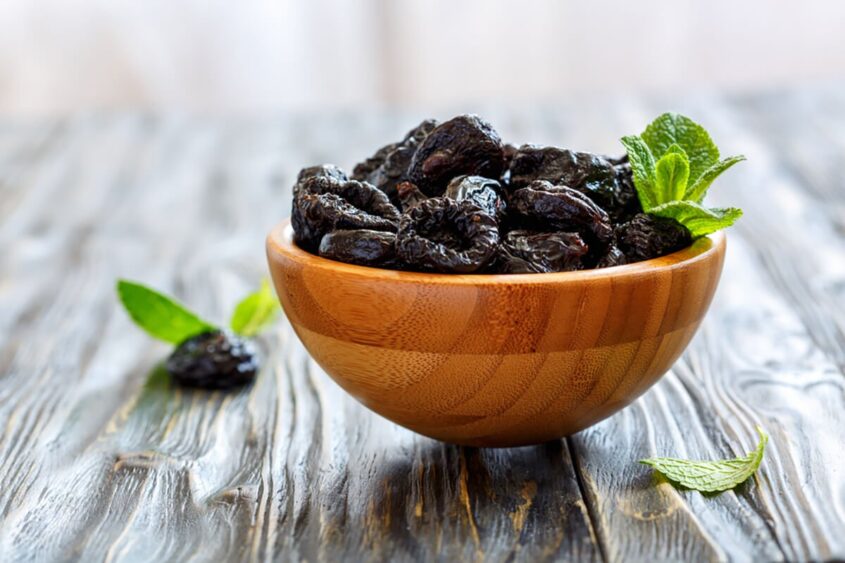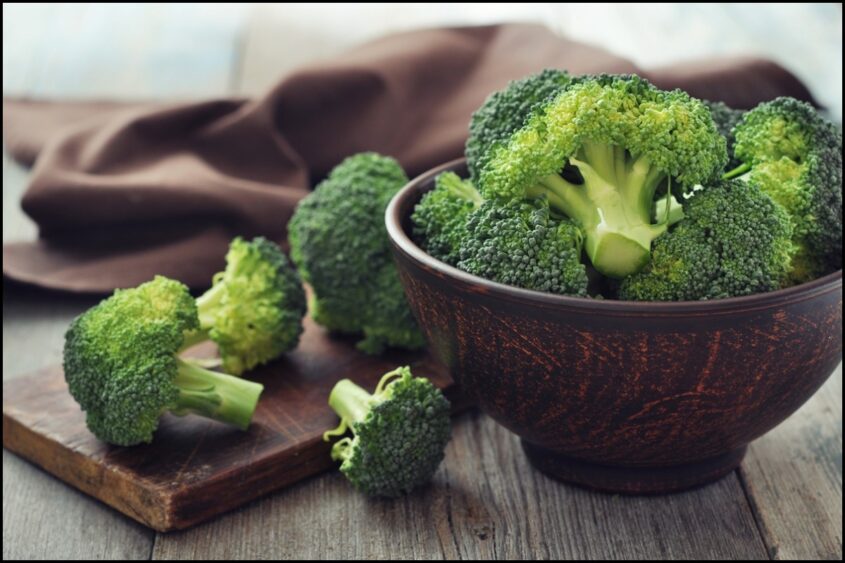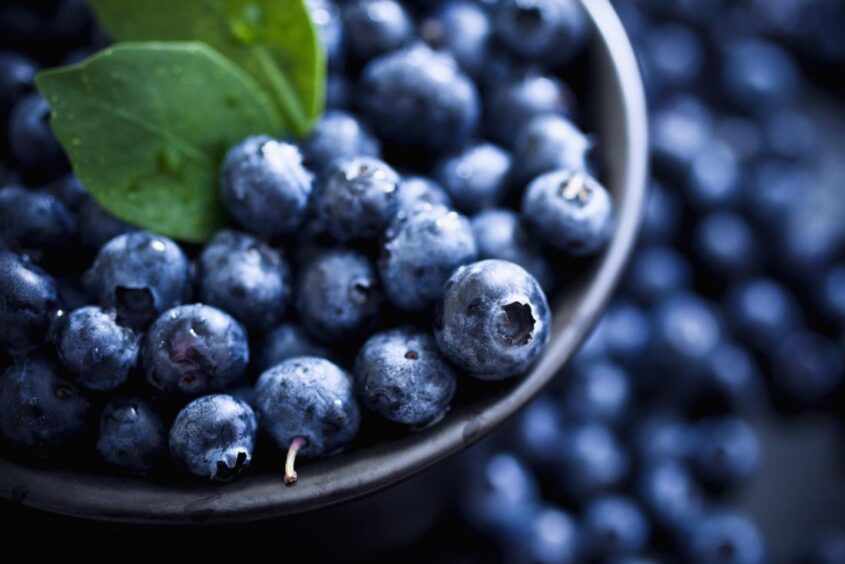
In this article, we will discuss natural stimulants for the brain and memory. They can be beneficial to study, improve attention, concentration, reasoning and in general increase the quality of cognitive functioning.
It is the cognitive ability that allows us to acquire new information, store it in our minds, learn things and manage to remember them when necessary. Throughout life, we can see how this capacity is decreasing and it is increasingly difficult for us to learn and remember things.
There are many factors that can be involved in the decrease in memory, such as temporary psychological disorders, high-stress situations, or head trauma.
However, the main factor that predicts a decrease in memory is age. Today there is some consensus in establishing that as the year’s pass and the brain ages, cognitive capacities decrease.
Memory constitutes a series of parts of our brain, and like any region of the body, we must take care of them to mitigate their aging and deterioration. We will present your best natural stimulants, which are easy to use and buy. There are also great artificial stimulants, like ones you can find at realchems.com but they are strictly for laboratory use.
Natural stimulants
1. Take an infusion of sage

Sage is a plant rich in essential oil and tannins, which is why it is often used to cure colds, flu, or sore throats. In fact, for many years this plant has been used for healing purposes since it has multiple properties that are beneficial to the human body.
Sage has antispasmodics, stimulants for the digestive system, disinfectants, anti-inflammatory properties and promotes the regulation of sugar levels. Likewise, it acts on the fats of the nervous system, preventing their oxidation. This fact protects the deterioration of cognitive functions and prevents memory lapses.
A recent study showed that this plant contains enzymes that allow diminishing the cognitive deterioration of people with Alzheimer’s. Sage has also been shown to increase levels of acetylcholine, a neurotransmitter that plays a critical role in memory development.
Therefore, frequent infusion of sage can make a good option to protect cognitive regions and prevent memory lapses.
2. Consume Ginkgo biloba

Ginkgo biloba is another of the plants with the greatest therapeutic effects that we can find today. It is used in abundance to treat blood circulation problems, vascular insufficiencies, and to improve concentration abilities.
Various studies have been the effectiveness of this plant for the protection and increase of memory and cognitive functioning. Especially, in a study published in the journal psychopharmacology, two groups of young students underwent concentration and memory tests.
Firstly, the results of 52 young people were compared, of which half (26) consumed a single 120 mg dose of ginkgo Biloba prior to performing cognitive performance tests and the other half (26) consumed nothing.
Later, another study was carried out with 40 more subjects, of which half (20) received 120 mg of ginkgo Biloba every day for 6 weeks and the other half (20) did not consume any dose of this plant.
The conclusion reached after these investigations are that despite not obtaining significant data, the administration of ginkgo Biloba improved the results in the concentration and memory tests.
Later, more research was carried out with similar results, a fact that has motivated the World Health Organization (WHO) to report on its website that the medicinal use of this plant is beneficial for the treatment of cerebral vascular insufficiency.
3. Eat chocolate

The role of chocolate regarding memory capacity has less scientific evidence than Ginkgo biloba. However, various beneficial properties of this food have been described, such as the reduction of blood pressure, the improvement of blood flow in the liver or the protection of skin surfaces.
In addition, interest in the beneficial effects that chocolate can have on memory has recently been growing.
In a study that analyzed 37 patients between the ages of 50 and 69 when administered high doses of flavonols (a molecule of cocoa), this substance was shown to increase brain activity.
The hippocampus is a brain region that is considered the epicenter of memory. Most memories are stored in this brain area and we require the proper functioning of this structure to lead to learning. Thus, consuming chocolate or other foods rich in cocoa on a regular basis can be a good option to improve our memory.
4. Eat prunes

Plums are fruits with a low energy value that have a wide variety of vitamins. Vitamin C, B6 and E are the most prominent in this food that is considered as a multivitamin.
Plums are beneficial in controlling sugar levels, protecting the heart, improving and stimulating the digestive process, and improving memory.
Regarding memory capacities, its effects have been described due to the ability of this food’s properties to neutralize free radicals that negatively affect cognitive functions.
5. Drink green tea

Green tea is one of the teas that incorporates a greater number of substances and properties in its preparation. It constitutes a powerful antioxidant, is anticancer, stimulates immunity, and can prevent the appearance of different diseases. When it comes to cognitive functioning, this substance can improve memory and concentration.
6. Eat broccoli

Broccoli can be food that contributes to the maintenance and development of brain capacities. It has high levels of phosphorus, a fact that can increase the ability to retain information.
In addition, they contain vitamins A, C and E, amino acids, zinc and potassium, and high anti-cancer and antioxidant properties.
7. Eat blueberries

The cranberries are the last group of foods, according to the study published in the journal Forbes, which has effects that increase the concentration throughout the day. It is a food rich in antioxidants, which help activate the protective enzymes of the brain and improve memory, and potassium, a mineral necessary for the transmission and generation of the nervous impulse. It is a fruit with a low caloric content since its contribution of carbohydrates is low, rich in vitamin C and a good source of fiber, potassium, iron and calcium.
Its main characteristic is its abundance in natural pigments, anthocyanins and carotenoids, which give this food its characteristic color and flavor. Some studies consider blueberries preventive of diseases like Parkinson’s and that helps to strengthen long-term memory.
How can they be consumed? They accept numerous forms: fresh, in juice, jams, jellies, compotes or filling in cakes or pastries. They are good food against urinary infections since they contain very good bactericidal actions and inhibit their growth. They are also a powerful remedy to eliminate intestinal parasites and, if mixed with milk, it is a great restorative for the body, even for consumers with more delicate digestion. They are also a good option to cure skin eczema or to facilitate wound healing if your juice is soaked in a cloth and applied to the area.
Conclusion:
Benefits of all these are proven and completely safe, not like some unproven “magical” pills that will supposedly make you superhuman.











